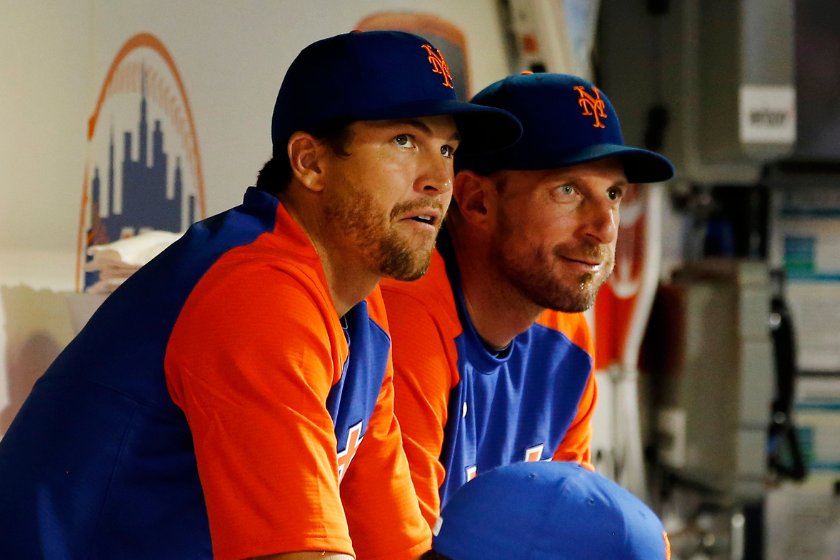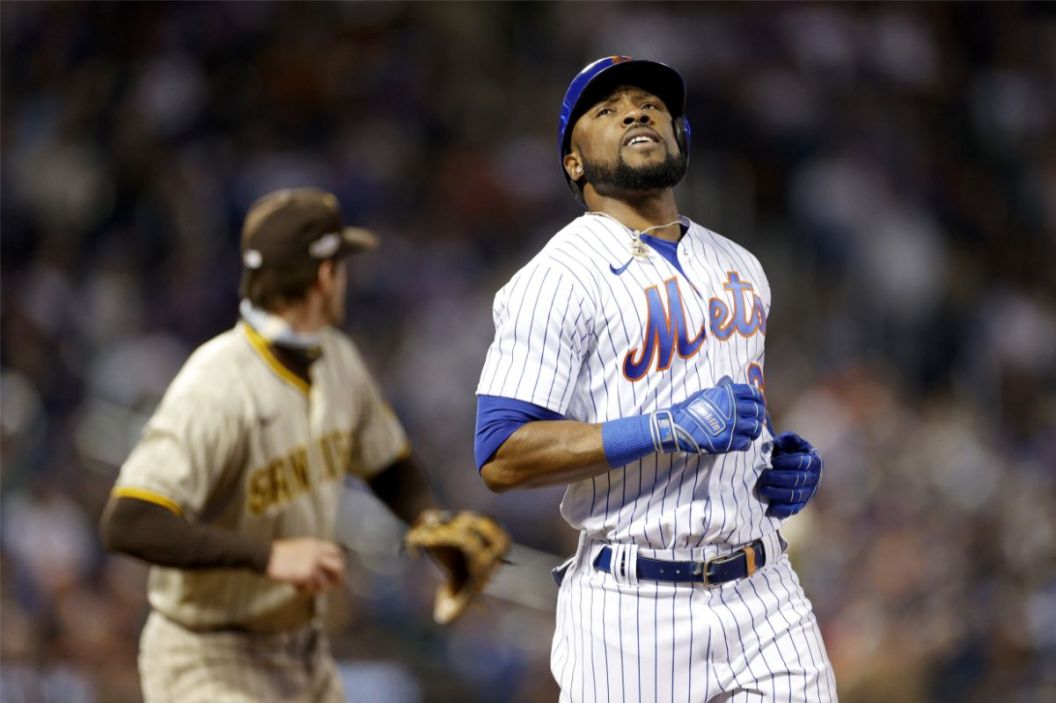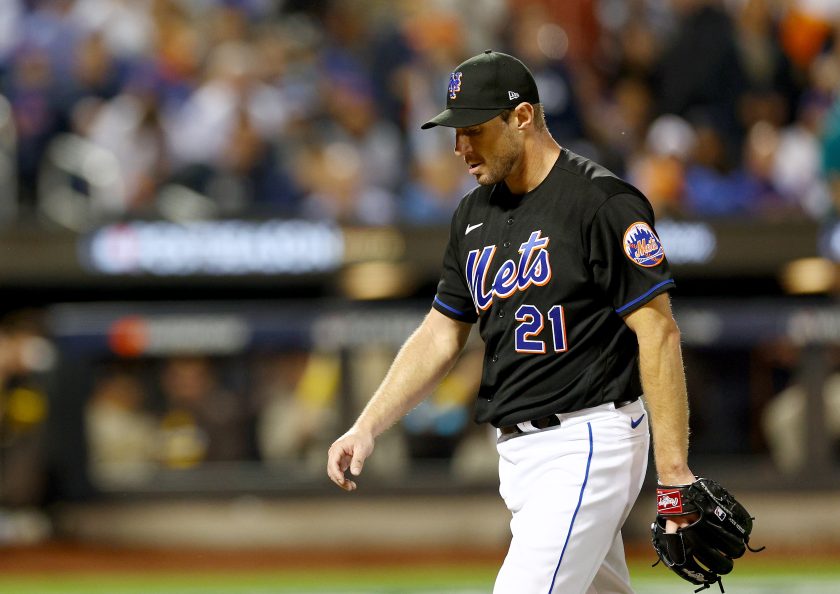The New York Metropolitans had the fourth shortest odds (+1200) to win the World Series before the regular season began. The team also had the highest preseason odds to win the National League East at +140.
Videos by FanBuzz
With nearly $300 million on the payroll — the highest in baseball — the Mets managed to win over 100 games. The reward? A Wild Card Series exit from the postseason and no division title.
Meet the Mess
"This league is unforgiving. It finds a way to punch you in the face every single time and you got to find a way to respond to it, come back out and want more. That's the life of being a major leaguer," three-time Cy Young award winner Max Scherzer said.
The pain of the Mets' 6-0 season-ending loss on Sunday was felt throughout the clubhouse.
"To be honest, it hurts. It really hurts," first baseman Pete Alonso said after the game.
Mets fans are puzzled as to how this happened, and they don't exactly deserve to feel the pain of losing as the joy of winning the World Series last occurred in 1986.
Baseball, on the other hand, deserves this moment, and the sport needs more of it. The Mets organization spent less time developing players and more time buying success — success that other teams can't afford. If Major League Baseball is ever going to close the gap of competition and increase parity in the league, teams coming up short while spending extraordinary amounts of money will be a necessary consistency.
What the Money Mets Collapse Means For MLB
Much of the Mets' core was put together through free agency. The highest-paid player on the team, Francisco Lindor, was traded for and then handed a 10-year, $341 million contract extension. Before this season, the Mets acquired Scherzer and Starling Marte, putting over $59 million on the payroll for the 2022 season with these two players alone. That number is more than the entire payroll of the Miami Marlins ($55.67 million).
Individually, these players have earned every dime they could acquire. As a whole, the Mets ownership and franchise simply had more money to shell out than teams like the Marlins, which resulted in a better win-loss record on the field. This dilemma has resulted in consistently poor results from the financially-disadvantaged franchises. There isn't anything particularly impressive about paying for the best players in the game to suddenly turn your franchise around as opposed to developing your own players in a championship core.
Many teams in the past have put together talent with money. The New York Yankees took on the league's highest payroll in 1999 and 2000 after taking on the second-highest payroll in 1998. Each of these years, the Yankees won the World Series. Conveniently, the Yankees are also the highest-valued franchise in the league.
While teams like the Yankees and Dodgers have been able to pay for premier talent over the years, there are meaningful examples proving it isn't a prerequisite to success. Teams like the Mets can't simply skip the process of internally building a team.
While the Dodgers have won the NL West nine of the past 10 seasons, the team has only one World Series title in that time (2020). Meanwhile, their rivals in the San Francisco Giants have won three titles since 2010. The Yankees have not been awarded the commissioner's trophy since 2009.
To Salary Cap or Not to Salary Cap...

Photo by Jim McIsaac/Getty Images
It's unclear whether the right path to fixing the talent gap between teams will be to put in place a salary cap as the other leagues, such as the NFL, NBA and NHL have. Players have worked hard to negotiate for a limitless pool of money to earn their salaries. Plus, owners have little to no chance of implementing a salary cap on the players.
As is usually the case, the answer probably lies somewhere in between. Organizations like the Marlins and the Athletics, which seem to always have a lower payroll, should try and spend more to improve their teams. Of course, these teams might have less to spend, but the lower revenue stream is partially to the fault of the team not putting winners on the field year-over-year.
High payroll doesn't mean a team didn't draft and develop well. That activity has more to do with organizational competence. When the Dodgers won the World Series in 2020, several of the team's starters were longtime Dodger players. The MVP of the series, Corey Seager, had spent all of his professional years with Los Angeles until joining the Rangers in 2022. During the season, four of the top five hitters in batting average had been on the team for the majority of their career if not their entire career.
During the same World Series, lifetime Dodger Clayton Kershaw won two games on the mound while Walker Buehler, on the team since 2016, won a game as well. To summarize, much of the Dodgers core had come through the farm system or from trades long ago. The team hardly felt like it was put together suddenly with loads of cash.
As teams get ready to play ball in the division series, the pressure will be on. The richer teams such as the Yankees, Phillies and Padres are looking to put together a run to deliver their large fanbases a long-awaited title. Though baseball loves its juggernauts, it may just be better in the long run if a contestant like the Mariners, which resides in an average market and has never won, sneaks out of the postseason with a title.


